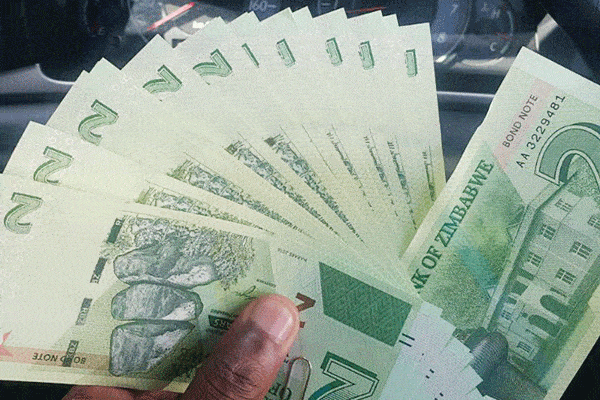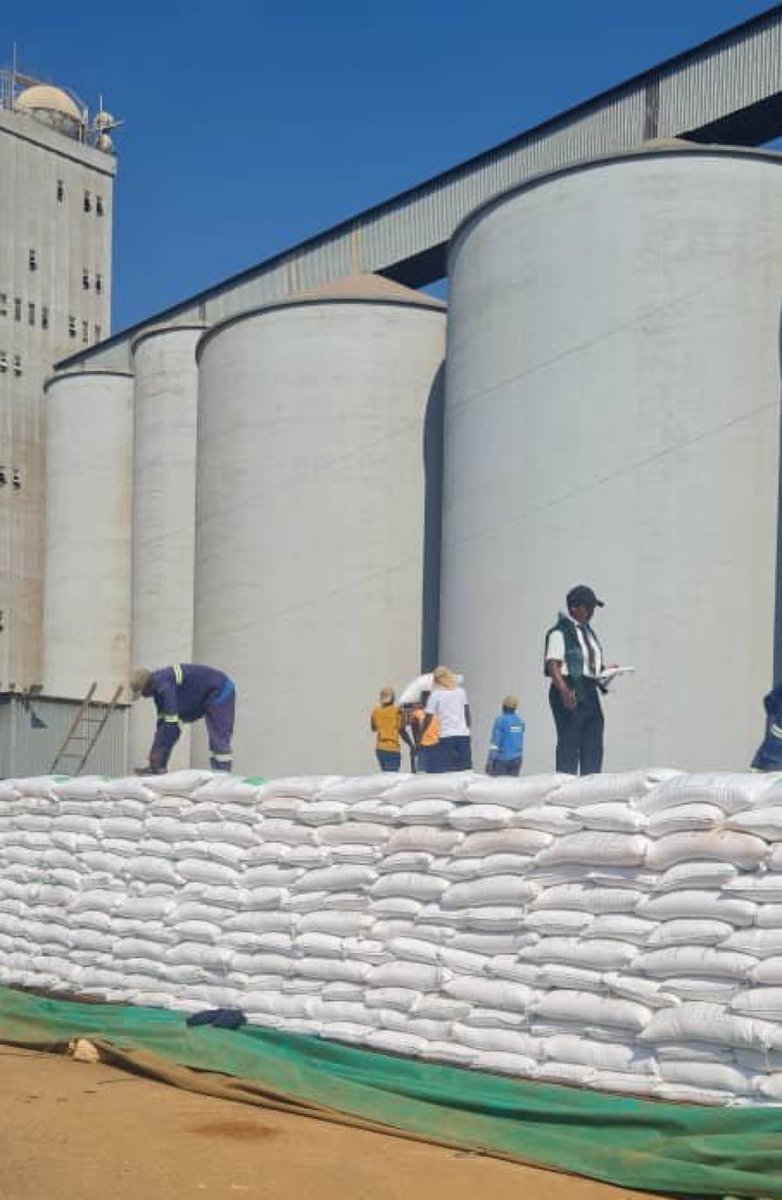In recent years, South Africa has emerged as a burgeoning hub for financial activities, particularly in the domain of trading. The economic climate is ripe with opportunities, drawing both domestic and international investors to its trading platforms. Trading SA has notably become a focal point, serving as a guiding light in navigating the complex but rewarding financial markets. The proliferation of trading, in its many forms, has become a significant part of the country’s financial infrastructure. But what exactly is fueling this boom?
Regulatory Reforms: A Robust Framework
One of the primary factors that contribute to a thriving trading environment is the regulatory framework. The South African financial markets are overseen by the Financial Sector Conduct Authority (FSCA), which aims to offer a level playing field for all participants. This creates an environment of trust, making it an attractive destination for traders. Regulatory reforms and the implementation of international best practices have not only attracted local traders but have also been successful in pulling in international investors.
Technological Advancements: An Equalizer
Another driving force behind South Africa’s trading boom is technological advancements. With the advent of online trading platforms, mobile apps, and blockchain technology, a democratization of the financial markets is underway. Gone are the days when trading was a gated community for the affluent and financially literate. With just a click, anyone can enter the markets, assess trading pairs, or even engage in cryptocurrency trading.
Financial Literacy: A Growing Trend
Financial literacy is becoming increasingly important, and South Africa is no exception. Universities and specialized courses are focusing more on financial education, particularly in trading and investments. Many online courses and webinars are also readily accessible, making it easier for people to acquire the skills needed to navigate the markets successfully.
Economic Indicators: A Promising Future
South Africa’s macroeconomic indicators are showing promise, adding to the country’s appeal as a trading destination. From a steady GDP growth to more robust foreign exchange reserves and lower inflation rates, these factors provide a stable backdrop against which trading activities can flourish.
Diverse Trading Instruments: Catering to All
The South African trading landscape offers a myriad of instruments—be it forex, commodities, or equities. This diversity attracts a broad audience, from novice traders who might start with less volatile instruments to the more seasoned professionals eyeing complex derivative products.
Risks and Rewards: A Balancing Act
Despite its many advantages, it’s essential to note that trading is not without its risks. However, what sets South Africa apart is its growing infrastructure that aims to educate traders on risk management practices, thereby ensuring that they are well-equipped to make informed decisions.
Rise of Mobile Trading: Convenience at its Best
The rise of mobile trading has added a new dimension to the financial markets. The use of smartphones and tablets to conduct trades is bringing in a younger, tech-savvy demographic. The convenience of mobile trading means that anyone can trade at any time, irrespective of their location, further democratizing the trading landscape. Moreover, this allows for quick responses to market changes, a factor that is critical for trading success.
Local Players: A Growing Ecosystem
The growth in trading activities has led to the development of a robust ecosystem within South Africa itself. Local brokerages and financial institutions are competing at an international level, offering services tailored to the domestic market’s needs. This competition ensures a healthy market with improved services and lower fees, thereby attracting even more participants.
Forex Market: A Crown Jewel
The foreign exchange market, popularly known as Forex, has seen exponential growth in South Africa. It is estimated that the average trading volume from South Africa alone amounts to billions of dollars daily. A market that operates 24/5 presents ample opportunities for traders from various walks of life to participate, and the Forex market has become a lucrative option for many.
Community Support: Learning Together
Another noteworthy trend is the rise of trading communities, both online and offline. Social media groups, forums, and local meetups offer platforms for traders to exchange ideas, strategies, and news. This community support system often serves as a mentorship platform for new traders, guiding them through the complex world of trading and ensuring they avoid common pitfalls.
Government Initiatives: Building Confidence
The South African government has also recognized the potential of the trading sector and has initiated programs aimed at boosting investor confidence. Stable monetary policies and efforts to improve the country’s credit ratings are all aimed at creating a more conducive environment for trading.
Sustainable Trading: The Way Forward
Sustainability in trading is also gaining attention. More investors are looking at sustainable investment options, aligning their trading activities with broader goals such as environmental sustainability and social responsibility. This new dimension not only adds a layer of complexity to trading but also makes it more rewarding in a broader sense.
Navigating the Future: Challenges and Opportunities
While the landscape is booming, it is not devoid of challenges. Market volatility, economic uncertainties, and geopolitical tensions can affect trading activities. However, the overall infrastructure—comprising regulatory frameworks, advanced technology, and an educated workforce—seems robust enough to navigate through these challenges successfully.
Conclusion: A Landscape in Full Bloom
The boom in trading activities in South Africa is a multi-faceted phenomenon. Factors ranging from technological advancements and regulatory support to a growing focus on financial literacy and community building are collectively propelling the country into becoming a trading powerhouse. The future looks promising, with ample opportunities for growth, making South Africa a magnet for traders globally.
The blend of these factors ensures that the landscape of trading in South Africa is not just booming but is also poised for sustained growth and maturity in the coming years.














